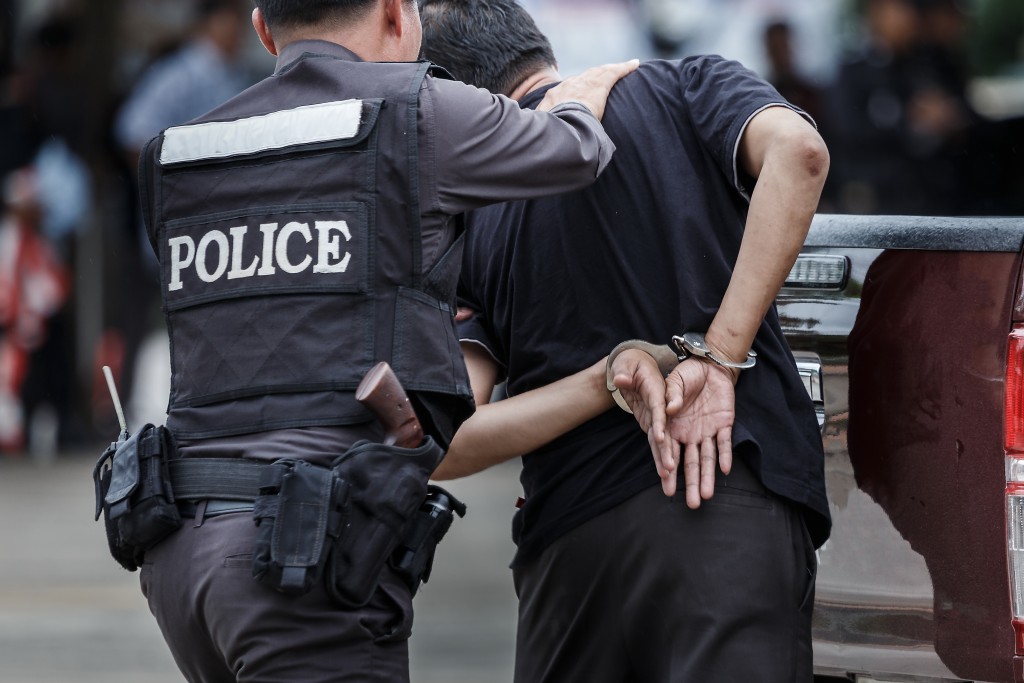As a citizen of a free nation, you have the right to call out and protest against the injustice that you or your countrymen had and continue to experience in the hands of the government. However, sometimes, peaceful gatherings turn into violent clashes with the police force.
What do you do when you are arrested at a protest?
Know Who to Contact
Even if you do not intend to cause trouble nor expect any confrontations with the police, it is better to be prepared for anything. Before you go out of your door and join other protesters, write down phone numbers of people who may be able to help you in case chaos descends.
You can use your state’s bar association to find a lawyer who can handle issues that involve the First Amendment. Search for the contact information of the local chapter of the American Civil Liberties Union (ACLU). If the protest has its own legal team, you should get their phone numbers, too. Some lawyers also offer their services to protesters who are arrested, so get in touch with them.
Start searching for a trustworthy bail bondsman in your city to get you out of jail if necessary.
If you take medications, consider bringing a few days’ worth of supplies. Although it will be taken away from you if arrested, the cops are obligated to give you access to it if you need it for your health.
Finally, label everything. You have a higher chance of retrieving your belongings, especially expensive electronic equipment, if it has your name on it.
Document Everything

You are allowed to record your surroundings. If you want to challenge your arrest in court, you need to provide evidence of actions that you believe may be unlawful.
Take out your camera phone to take photographs or videos of anything that happens. If you or your companion is injured, capture it from multiple angles and under different lightings. You should also try to see a doctor as soon as possible, especially if you are badly hurt. The medical records can also be used in court to prove that excessive force has been used by the authorities.
It is better to record the police in the act, so get your devices ready. As long as you are not interfering with the officer’s ability to enforce the law, you are allowed to document their actions and activities.
Be Calm
When the arrests begin, do not try to fight back. Ask the officer what law you have violated and why you are being arrested. If they refuse to provide you with a reason, ask them if you are free to go. However, do not run or be violent. It will only make things worse for you.
Once you are being taken into custody, there is not much that you can say or do to prevent it. Follow their instructions and go with them to the precinct without objections. If you try to stop it, you might get a resisting arrest charge. You can challenge the arrest in court and with your legal representation present.
Refuse to answer any question beyond the information they need to book you. Do not offer any evidence either. Ask to talk to a lawyer.
If you want to take part in any protest, knowing your rights and being prepared for the worst may save your life.

